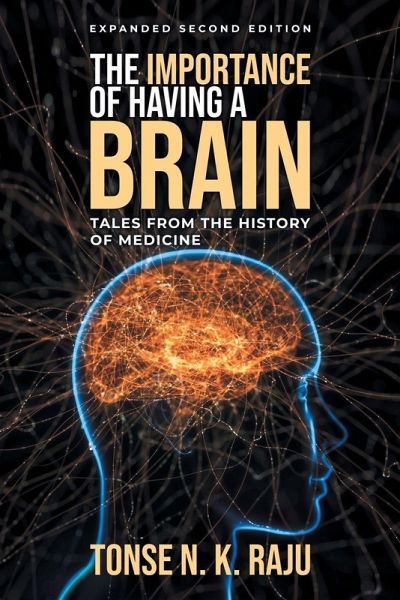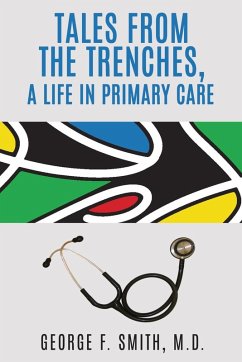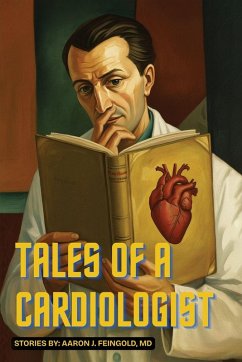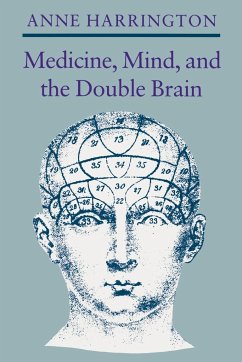
The Importance of Having a Brain Tales from the History of Medicine
Expanded Second Edition

PAYBACK Punkte
30 °P sammeln!
The fascinating world of the history of medicine Navigate through the rich and delightful history of one of man's oldest of creeds-the medical profession (not the other, its less illustrious competitor). Told with a perfect blend of historical accuracy, wit, and humor, these assorted stories from the annals of medicine are informative, illuminating, and entertaining. This is a medical history book in small doses. In this book you will discover: -Why do we call smallpox "small"? -Was Julius Caesar called "Caesar" because he was delivered through a c-section? -Who was the British clergyman who m...
The fascinating world of the history of medicine Navigate through the rich and delightful history of one of man's oldest of creeds-the medical profession (not the other, its less illustrious competitor). Told with a perfect blend of historical accuracy, wit, and humor, these assorted stories from the annals of medicine are informative, illuminating, and entertaining. This is a medical history book in small doses. In this book you will discover: -Why do we call smallpox "small"? -Was Julius Caesar called "Caesar" because he was delivered through a c-section? -Who was the British clergyman who measured blood pressure for the first time, and the other whose discovery led to the development of aspirin? -Why did a doctor in the early 20th century exhibit premature babies in circuses, boardwalks, and country fairs in U.S. cities? -What led a 16th century anatomist to discover that men and women have the same number of ribs? -Why did a 19th century Boston surgeon cry out, "Gentlemen, this is no humbug!"? -Why did a German psychiatrist intentionally inject blood from malaria patients into the arms of his psychiatry patients, and what was his reward for this brutal therapy? -What disease killed more people in the 20th century alone than all of battles, armed conflicts, and wars of the 20th century combined? -Why do we call blood banks "banks"?













